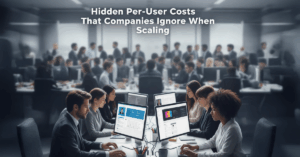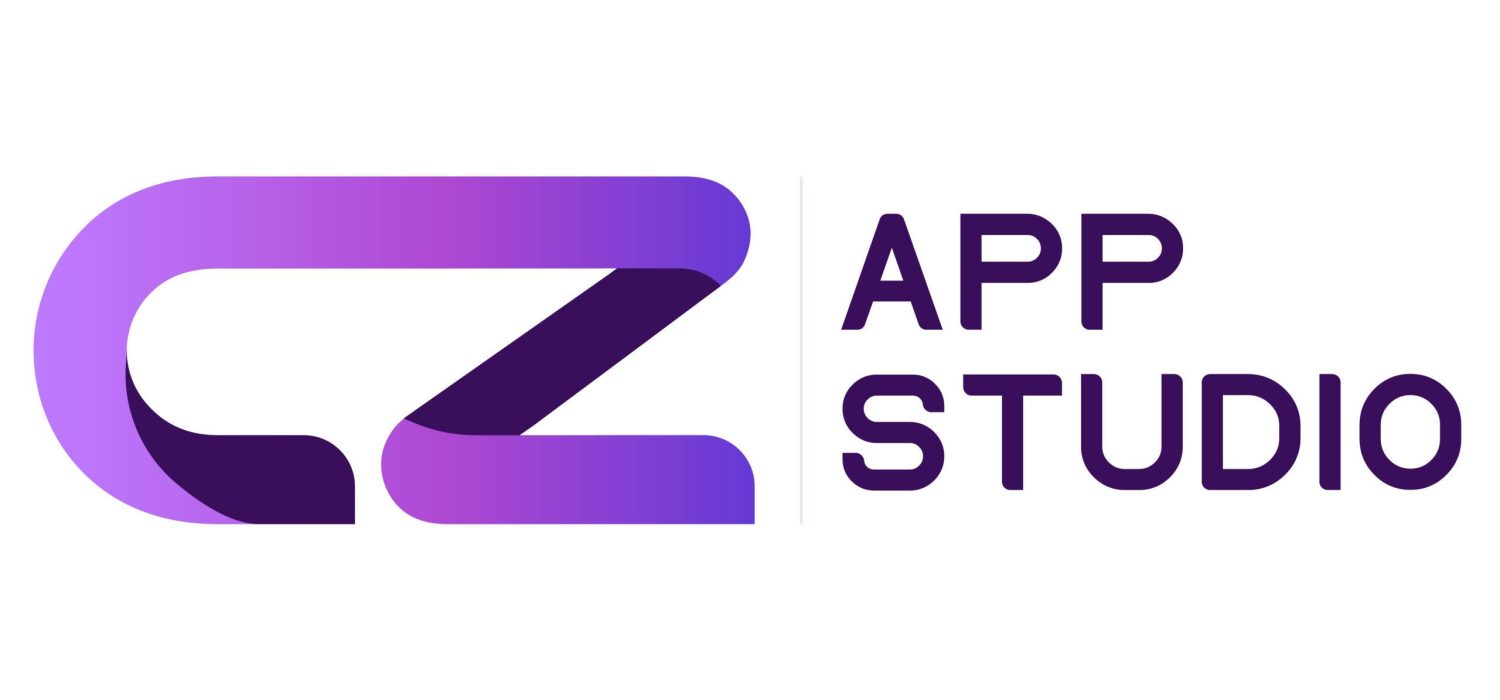The Importance of HRMS Data Security
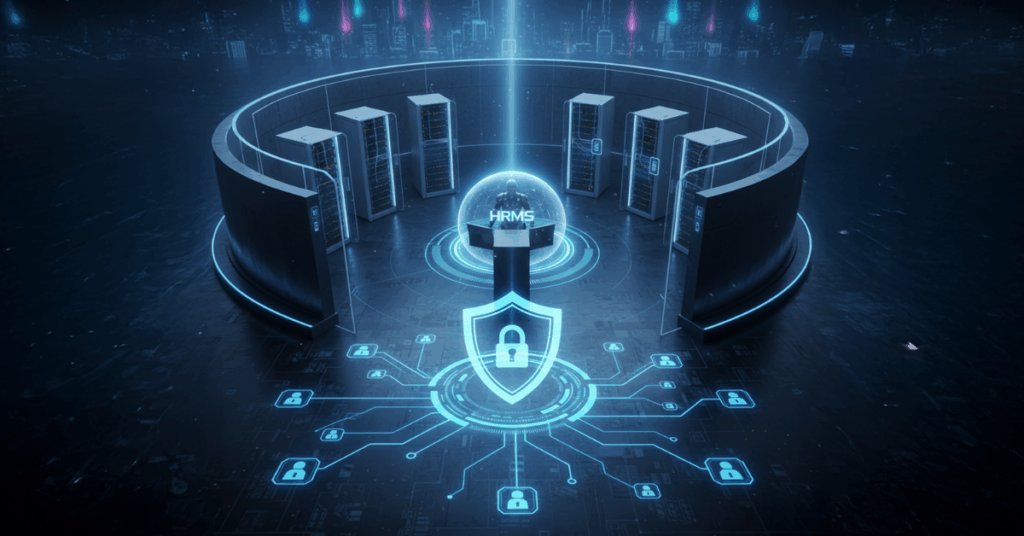
Data security in HRMS means protecting and safeguarding sensitive employee data such as:
- Personal Identifiable Information (PII): Addresses, IDs, emergency contacts.
- Financial Details: Payroll, bank details, and incentives.
- Health Data: Medical leaves, insurance, and wellness reports.
- Performance Records: Reviews, promotions, and contracts.
Strong data protection ensures:
Regulatory Compliance – Adheres to GDPR, CCPA, and regional data laws.
Employee Trust – Keeps private data confidential and secure.
Brand Protection – Avoids financial losses and reputation damage from data breaches.
The Hidden Risk of SaaS HRMS: Losing Control of Your Data
Many HR systems today operate on SaaS platforms. While easy to use, they often come with hidden risks:
| SaaS Limitation | Security Concern |
| Limited data control | You can’t choose data storage location or access your own database. |
| Third-party access | Vendor employees (admin/support) can access your HR data. |
| Shared servers | Your data may reside alongside other client data, increasing vulnerability. |
| Vendor dependency | You rely on their update cycles and security patches. |
This means your most valuable employee data is technically not under your control.
Full-Control vs. Third-Party HRMS: Which is Safer?
Full-Control (Self-Hosted/Open-Source) Model
- Complete Data Ownership: You host and manage your own HR data.
- Custom Security Layers: Add encryption, firewalls, or MFA based on internal standards.
- Regulatory Confidence: Easier compliance and security audits.
- Source Code Access: Full transparency and flexibility to customize.
❌ SaaS/Third-Party Model
- No control over backend data.
- Dependent on vendor policies.
- Limited customization for security settings.
- Possible vendor lock-in risks.

Key Security Features Every HRMS Should Have
To truly secure HR data, your HRMS must include:
- Role-Based Access Control (RBAC) – Restrict access by role or hierarchy.
- Multi-Factor Authentication (MFA) – Prevent unauthorized logins.
- Encryption (At Rest & In Transit) – Secure data in database and during transfer.
- Audit Trails – Track every login, change, or access attempt.
- Backup & Recovery – Enable quick recovery after a breach or server failure.
Open Core HR: The Path to Total Data Ownership
Open Core HR provides a self-hosted, open-source HRMS alternative to traditional SaaS platforms.
Here’s how it ensures total security:
- Your Infrastructure, Your Rules: Host data within your own environment.
- No Third-Party Access: Only authorized HR or IT staff can view data.
- Open Source Transparency: Full access to code for auditing and customization.
- Compliance Friendly: Simplifies GDPR, HIPAA, and CCPA adherence.

You buy it once, host it securely, and own your data completely.
Conclusion: Take Back Control of Your HR Data
HRMS data is the lifeblood of your organization, and losing control of it can have devastating consequences.
While SaaS models offer convenience, they also compromise data sovereignty and security transparency.
By switching to a self-hosted, open-source HRMS like Open Core HR, you gain:
1. Full control of your employee data
2. Maximum compliance and security
3. Long-term peace of mind
Ready to secure your HR data?
👉 Explore Open Core HR and take complete control of your organization’s future.
- The Rise of TypeScript: Why Developers Love It
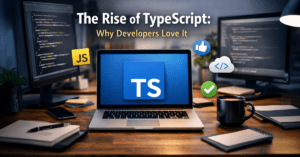
- Top 5 Strategies to Maximize Customer Loyalty Through Reward Programs

- Field Operations Challenges in Service Businesses | 2025 Guide

- Microsoft $17.5B AI Bet in India: What Businesses Gain

- 2025 HRMS Guide: Must-Have Features for SMEs
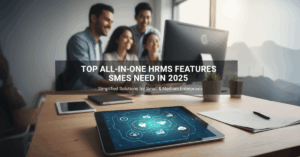
- Hidden Per-User Costs That Companies Ignore When Scaling
